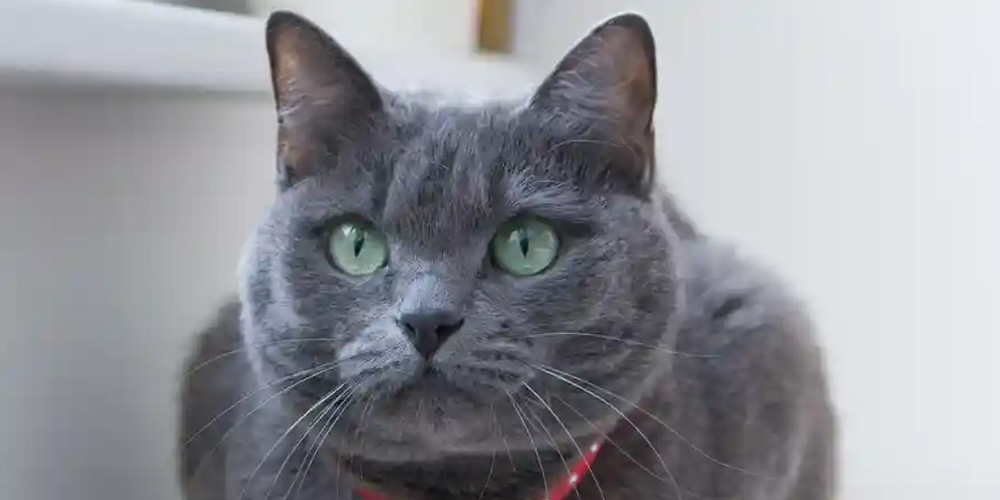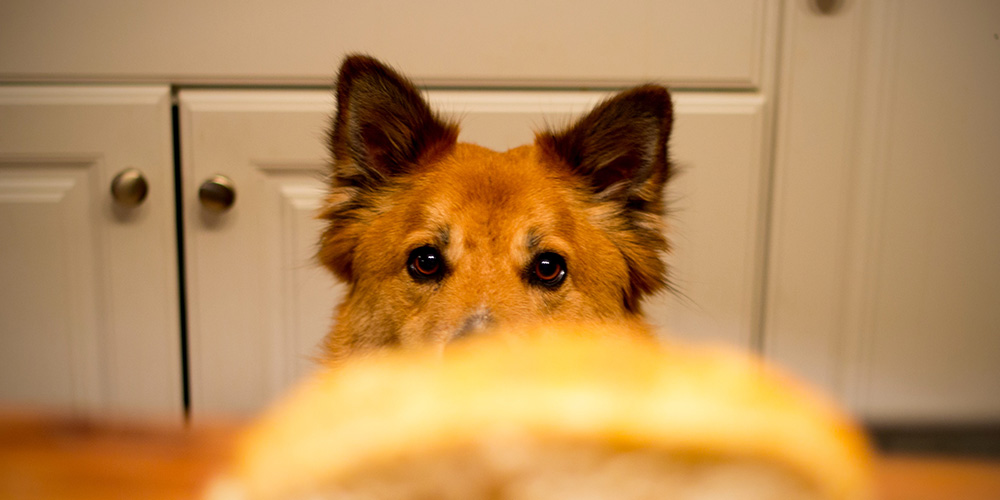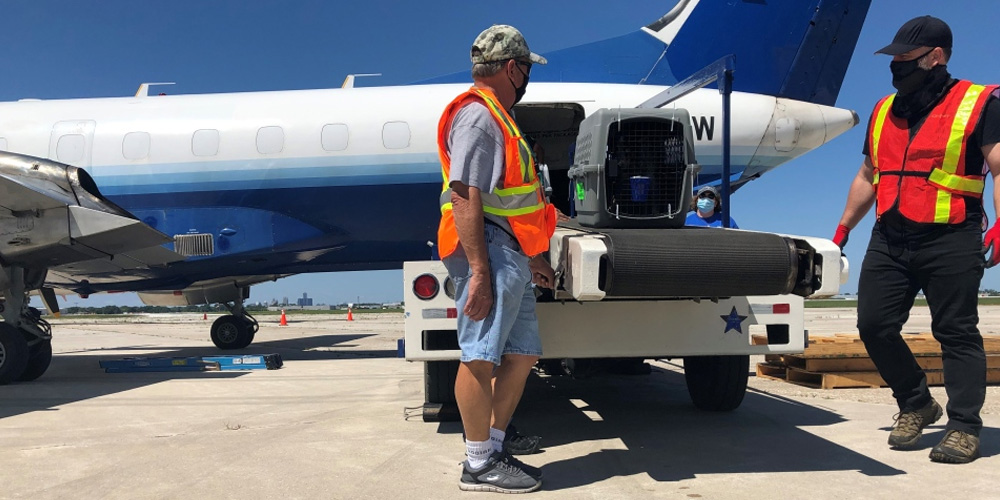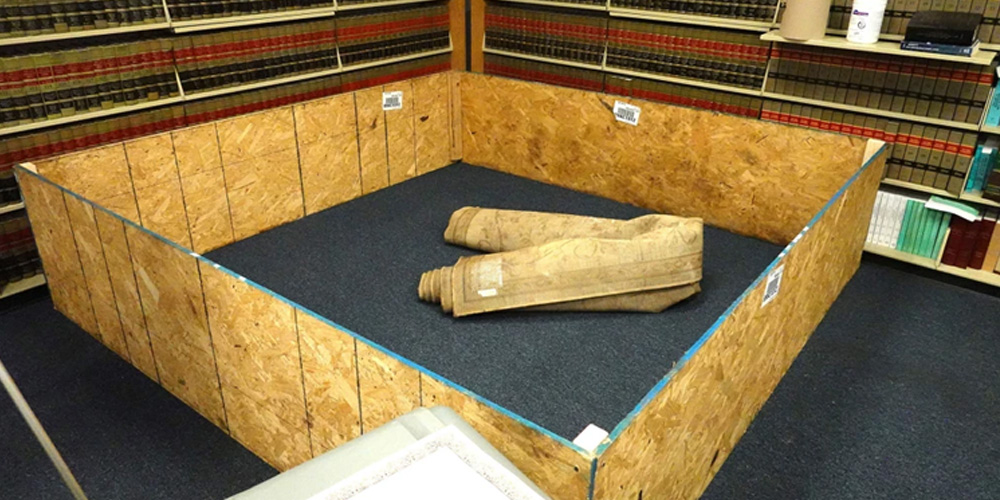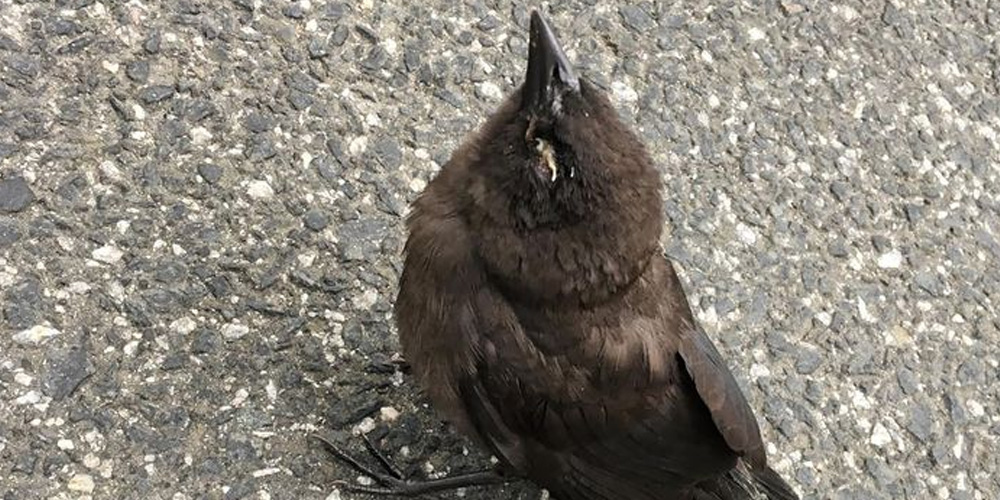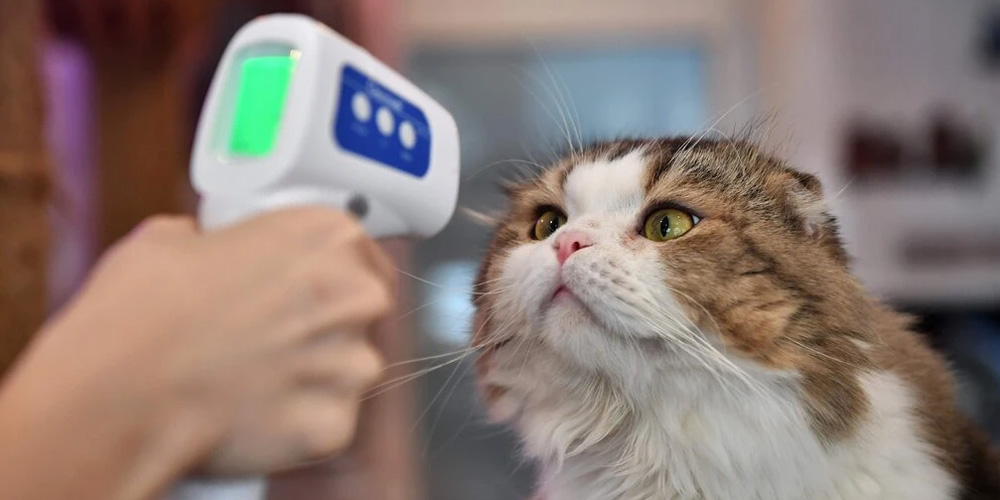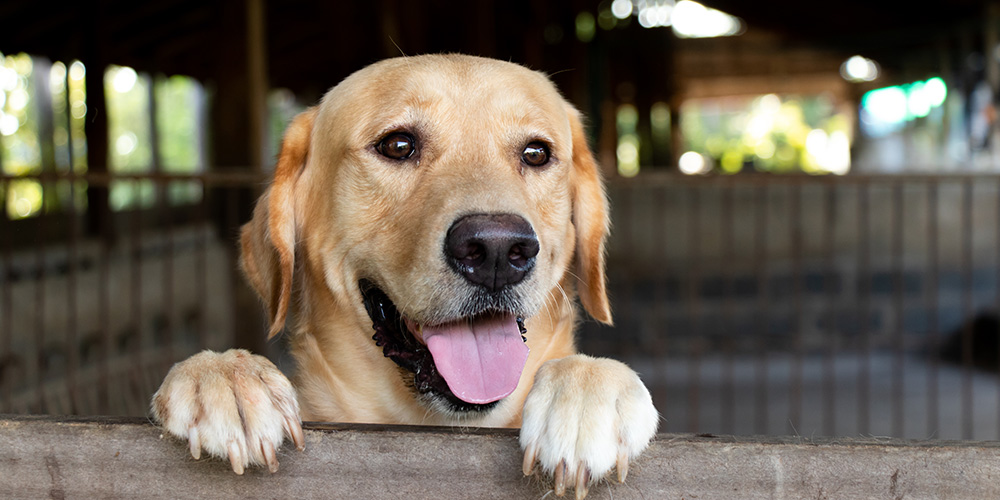Taiwan authorities recently made the difficult decision to euthanize 154 cats that had been found during an attempted smuggling operation. The response for pet-lovers across Taiwan has been one of outrage and demands for harsher penalties and changes to the law.
After intercepting a Chinese fishing vessel roughly 40 miles from the coast of Kaohsiung on Thursday 19th August, the coast guards bought the vessel ashore. The next day, following thorough covid screenings to avoid spreading infection, Taiwan officials entered the seized fishing vessel. Aboard the boat, they discovered a total of 62 cages containing a wide variety of cats, including Persian American Shorthair, Ragdoll, Russian Blue, and British Shorthairs.
After evaluation, the cats were estimated to be worth a total of $10m New Taiwan Dollars, which is equal to US$357,504. However, Taiwan officials decided that the smuggled cats could pose a biosecurity risk, as their origin was unknown. As a result, all 154 cats were put down on Saturday 21st August, which unfortunately fell on International Homeless Animals Day.
Animal rights groups and the Taiwanese people, in general, were outraged and grief-stricken at the news of so many otherwise healthy cats being put to death. Especially seeing as Taiwan has a strong pet care industry and a very high rate of pet ownership, meaning there were many people that would have been happy to take these cats into their care.
The outcry from the public included images being leaked of rows of cat boxes lined up for euthanasia, and even close-ups of young cats before they were destroyed. These images were accompanied with captions such as “Was it necessary for #Taiwan to cull 154 #cats from rare breeds?”
Commenters also joined in the massive response to this tragic event, with one commenter saying “Does Taiwan have no quarantine capability? Do Taiwanese kill innocent cats like this?” Another commenter, however, felt it was the appropriate response, stating “It is so sad the cats have to die, but in order to protect the country this is the right thing to do.”
Tsai Ing-wen, Taiwan’s president, put forward a statement in response to the public’s reaction. Tsai herself is the proud owner of two cats that often make an appearance on her social media channels. She has said that she is very much saddened by what has happened, but that the cats’ deaths lay in the hands of the smugglers.
Was it necessary for #Taiwan to cull 154 #cats from rare breeds? https://t.co/pTNLw49NBn pic.twitter.com/0S6W2zL53a
— Taiwan News (@TaiwanNews886) August 21, 2021
She urges the public to try and understand the importance of what has been done, and that diseases are often inadvertently imported via animals. Though further to this, she has also stated that the laws surrounding how Taiwan responds to these threats will be reviewed, with changes to be made that will seek a more humane approach.
A Taiwan Animal Emergency Rescue ground has apparently offered to pay for the cats to be quarantined, so as to protect the population. That same charity openly criticises the way in which these cats were handled, and the speed at which the decision to euthanize was made.
A spokesman for the Taiwan Animal Emergency Rescue explained that all animals are innocent and that these cats were failed by the authorities by not checking them first to see if they were sick. He adds to this point by saying that he understands the importance of maintaining the domestic ecology, however, he hopes the laws will change for the benefit of all animals in the future.
The head of the government’s agriculture council, Chen Chi-chung, agreed with the euthanasia decision and was happy to take full responsibility for it. He explained to the Taipei Times that the decision was not made lightly, but was essential for the care and protection of pets and farm animals in Taiwan, as carried diseases can have extended patency periods during which time it could be passed to others.
After the outbreak of foot-and-mouth disease, which devastated the pork industry and took over 23 years to be eradicated, maintaining the equilibrium is paramount. Chen also told the Taipei Times that they are working alongside the Ministry of Justice to drastically increase the punishment given out to animal smugglers. With the hopes of raising the fine for such sales to at least $3M.
The executive director of the Environment and Animal Society of Taiwan, Wu Hung, has called out for increased investigative powers to be given to the Environment and Animal Society and other animal protection entities. Power that could remove such cases from the coast guard and allow them to take over.
Wu argues that the coast guard should not be dealing with such matters as they have no real knowledge of the animal trade. Wu also feels that the decision to euthanise was made far too quickly and that it was the wrong choice. He argues that with more investigative time authorities could be given the opportunity to better understand the smuggling network, potentially providing crucial information to help bring down the animal smuggling trade.

